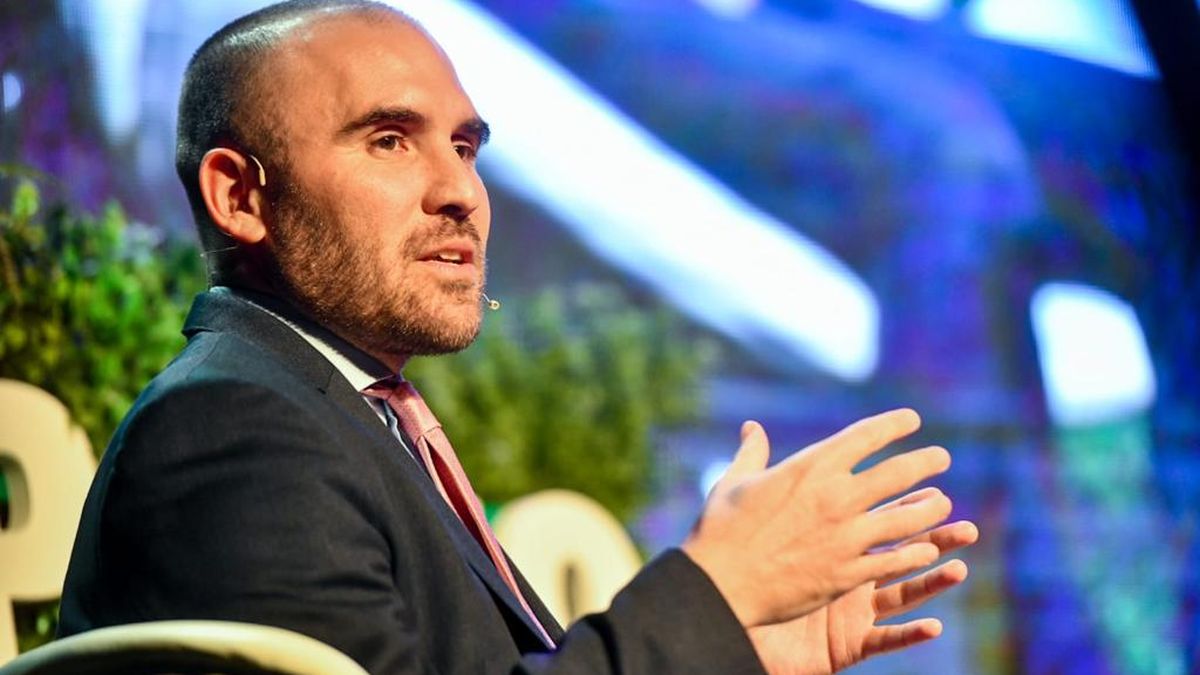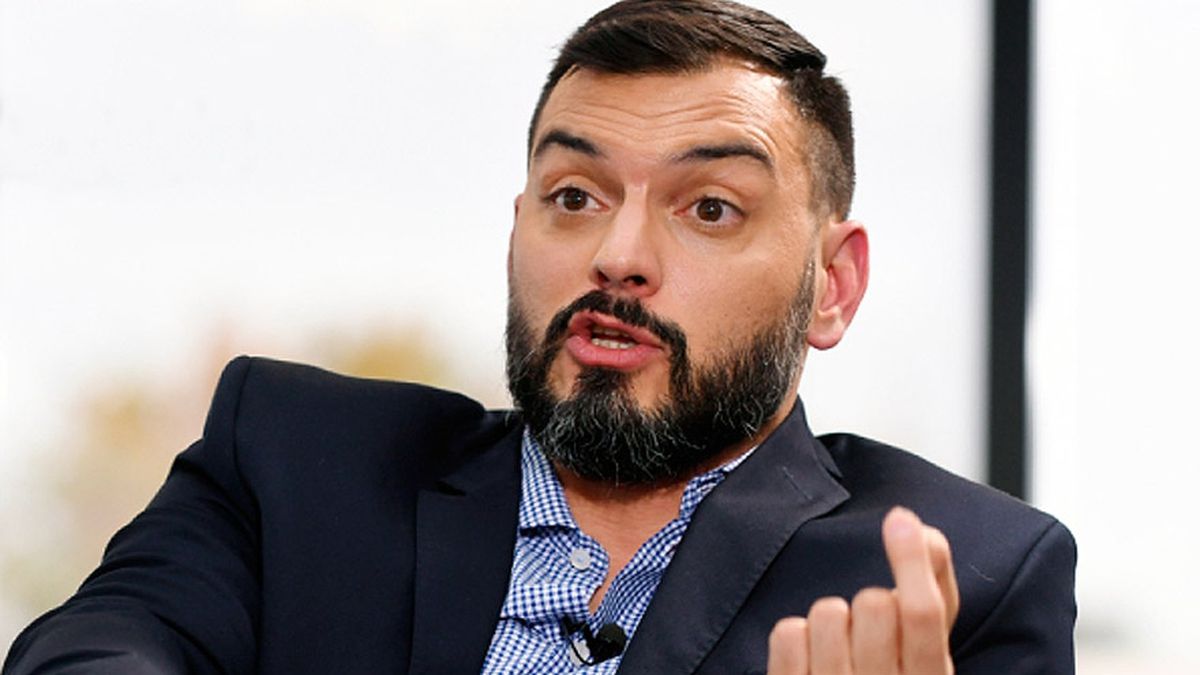For this, and as this newspaper advanced, Guzmán has two fundamental supports. The first is that Germany and France have already said that they will open the doors to the minister to reach an agreement that is convenient for both parties, and that it be executed as soon as possible. The second is that an agreement with the IMF remains “on track”, and still with difficulties; indispensable, inalienable and non-negotiable condition to achieve a payment plan with the Paris Club.
The original date of June 30 for the first expiration, which has now been extended until 2024, had been negotiated by Guzmán in Paris on March 23, when the minister had met in France with the formal president of the organization, Emmanuel Moulin, extending the “time bridge” that expired on March 31, and Argentina committing to discuss a new payment plan that definitively closes the liability. Or, failing that, a cash payment commitment for when the Government has the money that arises from the application of money laundering that Deputies would also discuss during June, and that implies the availability of money recognized as evaded by local residents; project that already has half sanction of the Senate; and that, according to official projections (somewhat optimistic) imply the possibility of laundering some US$70,000 million; which would determine safe income to the public coffers for some US$15,000 million. Enough money to pay off the entire debt with the Paris Club and advance payments to the IMF in 2026.
Within the Club, the first creditor is Germany with 37.37%, money generated in a mixed way; with direct credits for private companies (in the ’90s), added to old lines from the German government to Argentina from previous decades. Holland then appears on the list with 7.98% of the debt. This is another complicated case, where for cultural reasons there is not much flexibility for countries that do not comply with their payments. The Netherlands traditionally vote on the IMF board against the agreements proposed by Argentina. The country’s fourth creditor is Spain, with 6.68% of the debt. It is the lag generated by the credit that the government of José María Aznar issued in 2001, to help support the convertibility and dividend payments of Spanish companies based in the country. The total of this credit was about US$1.1 billion, Argentina declared it in default in December 2001 with the rest of the Argentine external debt and during the first stage of Néstor Kirchner’s administration there was an attempt to negotiate it outside the Paris Club, in better conditions than the rest of the creditors. Pressure from the rest of the European Union partners made the liability add to the general demand of the Paris Club.
Source: Ambito
David William is a talented author who has made a name for himself in the world of writing. He is a professional author who writes on a wide range of topics, from general interest to opinion news. David is currently working as a writer at 24 hours worlds where he brings his unique perspective and in-depth research to his articles, making them both informative and engaging.




